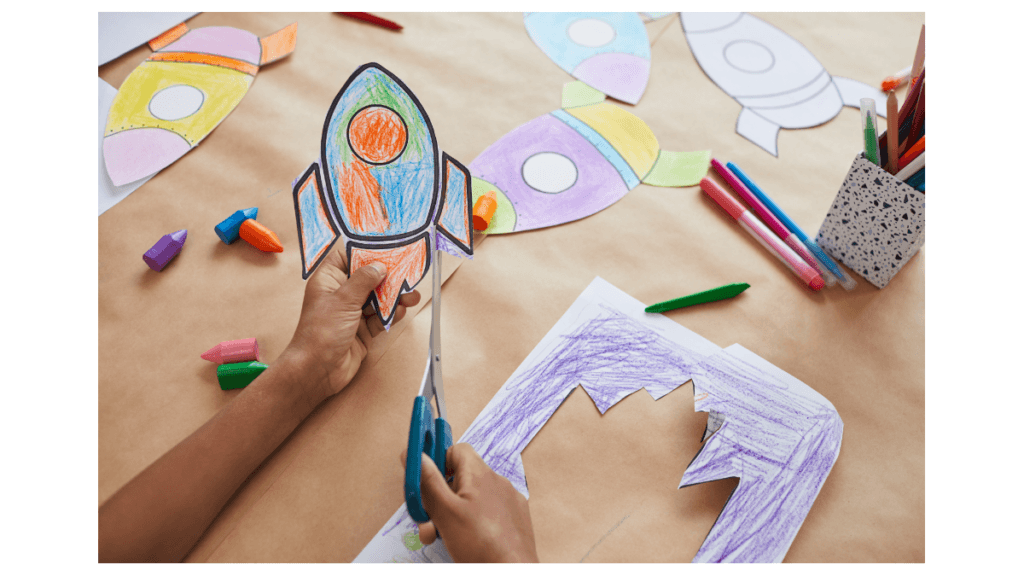
Are you ready to ensure your product idea aligns with customer expectations? Try our survey demo here to get started! The #1 mistake in product development is ignoring concept testing. Concept testing is essential for gathering early feedback and refining your product before launch. Launching a new product can be thrilling, but skipping this critical step can lead to failure. Imagine pouring months into an idea, only to find out later that it doesn’t resonate with your target audience. Concept testing is more than just another step—it’s crucial to ensure your product aligns with customer expectations from the very beginning.
Why Concept Testing Should Be Your First Step
Product development takes time, resources, and energy. Why risk it all by skipping concept testing? Conducting tests early helps you avoid the #1 mistake in product development that can derail your product’s success. Concept testing is the foundation that supports your product’s development, ensuring it’s designed to meet real customer needs from the start. For more on avoiding common pitfalls, read our post on 3 Deadly Mistakes That Will Ruin Your Product Launch—Test First!.
3 Common Mistakes in Product Development (and How Concept Testing Helps Avoid Them)
1. Misunderstanding Customer Preferences
The #1 mistake in product development often stems from a lack of understanding of what customers actually want. Concept testing helps you get inside the mind of your audience. Consider these questions from our survey:
- How much do you like this product overall?
- How unique is this product?
These questions give you a sense of how appealing and distinct your product is to customers. If responses indicate that your product isn’t standing out, you have the chance to refine its features or branding to make a stronger impression. For more on understanding customer preferences, check out this HubSpot guide on customer research.
2. Failing to Address Customer Needs
Another significant mistake in product development is creating a product that doesn’t solve a real problem. Concept testing allows you to see if your product idea truly aligns with customer expectations. By asking questions like:
- How well does this product meet your needs?
- Based on the information presented, how likely are you to buy this product?
You can identify gaps in your product’s functionality and make adjustments that will increase its relevance. According to CB Insights, failing to meet market needs is one of the top reasons products fail. By validating that your product fulfills a specific need, you reduce the risk of your idea falling flat in the market.
3. Overlooking User Experience
User experience can make or break a product. A poor experience often leads to negative reviews, low engagement, and ultimately, product failure. With concept testing, you can evaluate the initial user experience before launch by asking questions such as:
- How easy is it to use this product?
- How would you rate the value for money of this product?
These questions help you assess whether customers find your product intuitive and valuable. If users indicate that it’s difficult to use or doesn’t provide good value, you’ll know where to focus your improvements before committing to full-scale development. For more insights on user experience, refer to Harvard Business Review’s advice on building customer-friendly products.
How Concept Testing Prevents Costly Mistakes in Product Development
Skipping concept testing is like building a bridge without a blueprint. Concept testing provides the insights you need to refine your product and avoid costly missteps. Here’s how our Product Concept Analysis can help you sidestep these pitfalls:
1. Quick & Easy Survey Setup
With our Product Concept Analysis survey, gathering feedback is simple. You can quickly set up a survey to ask questions like “In one word, how would you describe this product?” This allows you to capture the essence of how customers feel, giving you a snapshot of your product’s perceived identity. Try our survey demo here!
2. Data-Driven Adjustments
As responses come in, you’ll start to see patterns that inform data-driven decisions. For example, if most respondents find your product unique but difficult to use, you know to focus on user experience improvements. Concept testing provides real feedback that helps you adjust features and make enhancements where they matter most. For tips on interpreting customer feedback data, see this Forbes article on customer feedback strategies.
3. Tailored Feedback for Unique Products
Every product concept is unique, so your survey questions can be customized to match the specific needs of your concept. By tailoring questions to address aspects like uniqueness and value, you gain targeted insights that are relevant to your product’s success.
4. Engaging and Fun for Respondents
Our surveys incorporate gamification elements, which makes them more engaging and enjoyable for respondents. This means you’ll receive more thoughtful and honest feedback from users who are happy to participate. Testing before launch becomes more effective when users actually enjoy sharing their insights.
Get Your Product on the Path to Success
Your product’s journey to market starts with concept testing. By asking the right questions and listening to your audience, you can ensure your product is primed for success. Avoid common mistakes in product development by validating your concept early, refining it based on real feedback, and launching with confidence.
Ready to take the first step toward a successful product? Try our Product Concept Analysis today and see how early feedback can make a big difference. Visit Brainit.app and discover how concept testing can lead to a more successful launch!






